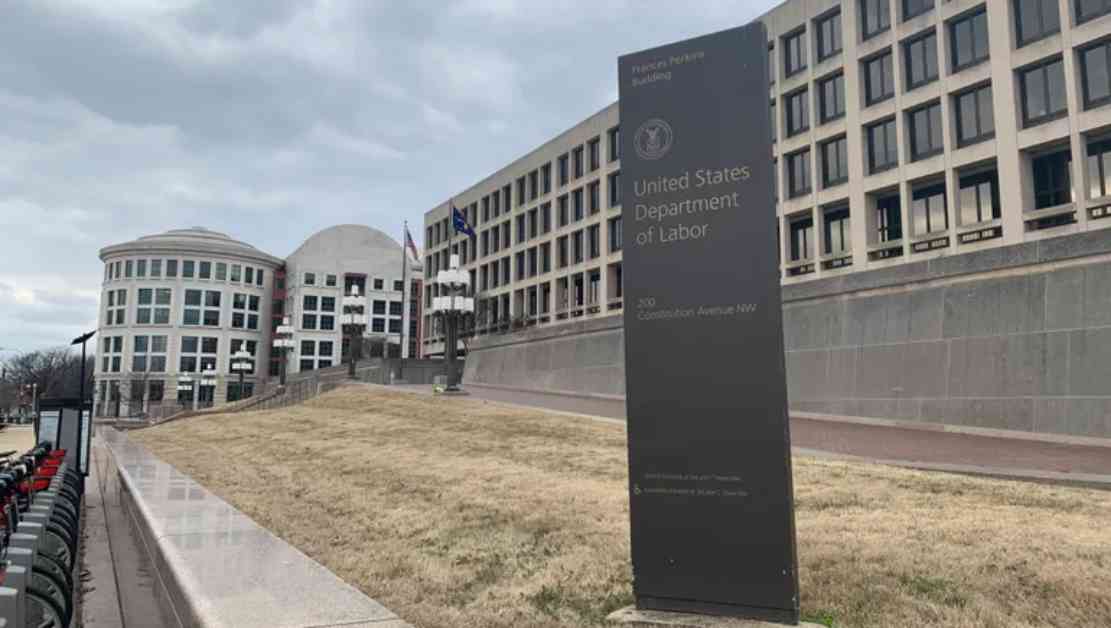Federal judges raised questions about whether the U.S. Department of Labor’s salary test for determining overtime pay eligibility under the Fair Labor Standards Act is within the agency’s statutory authority from Congress. The three-judge panel at the 5th U.S. Circuit Court of Appeals in Mayfield v. U.S. Department of Labor repeatedly asked the government’s counsel, Courtney Dixon, to point out where in the FLSA’s provisions Congress explicitly allowed DOL to consider salary when classifying employees as exempt or nonexempt.
Judge Cory Wilson pointed out that the text of the statute does not mention salary or compensation. Dixon argued that because the FLSA’s statute specifies that the law’s exemption is “defined and delimited” by department regulations, DOL may include a salary basis test as part of its inquiry. This stance was supported by the 10th Circuit’s 1944 decision in Walling v. Yeakley.
However, Judge Jennifer Walker Elrod noted that Congress has explicitly mentioned salary requirements and how to calculate them when amending the FLSA, such as in 2018 when Congress exempted professional baseball players who earn a weekly salary equal to the federal minimum wage for a 40-hour workweek. Dixon argued that the baseball player exemption supports DOL’s authority to set a salary basis test.
The discussion also touched on the Supreme Court’s 2018 decision in Loper Bright Enterprises v. Raimondo, which ended Chevron deference, requiring courts to independently judge whether an agency has acted within its statutory authority. This decision raised questions about DOL’s authority to adopt a salary basis test, with the plaintiff in Mayfield challenging the agency’s 2019 overtime rule.
Luke Wake, counsel for the plaintiffs, argued that the FLSA exempts based on duties, not dollars, and that DOL’s use of the salary basis test undermines Congress’ legislative power. However, Dixon countered that the end of Chevron deference does not necessarily call into question DOL’s interpretation of the FLSA exemption language.
The court also considered whether upending the minimum salary rule, which has been in place since 1938, would create a circuit split on the issue. Wake argued that the agency’s use of the minimum salary rule as a screening mechanism is not a substitute for examining employees’ duties.
Overall, the case highlights the ongoing debate over the extent of DOL’s authority in setting a salary basis test for determining overtime pay eligibility under the FLSA. The outcome of this case could have significant implications for how exemptions are determined and enforced moving forward.

